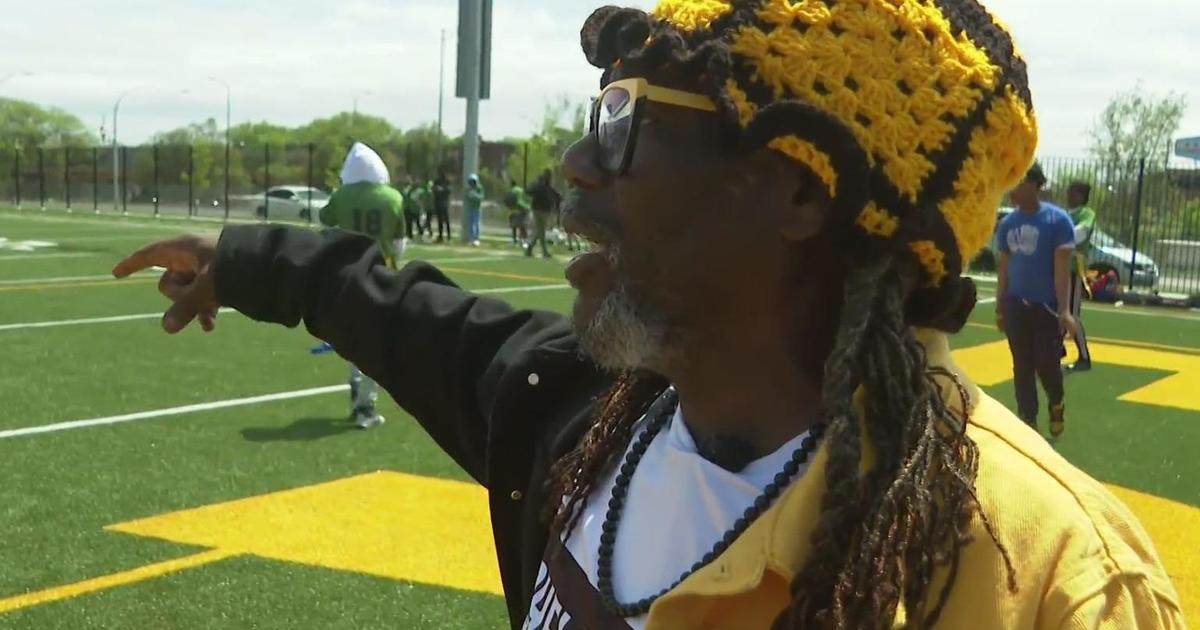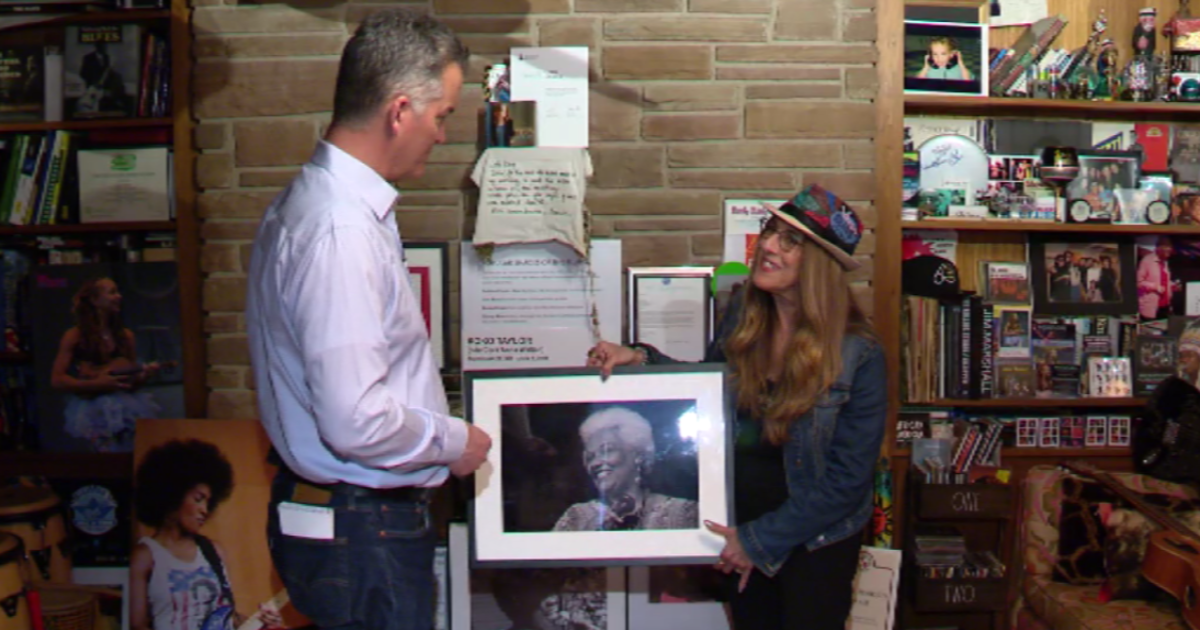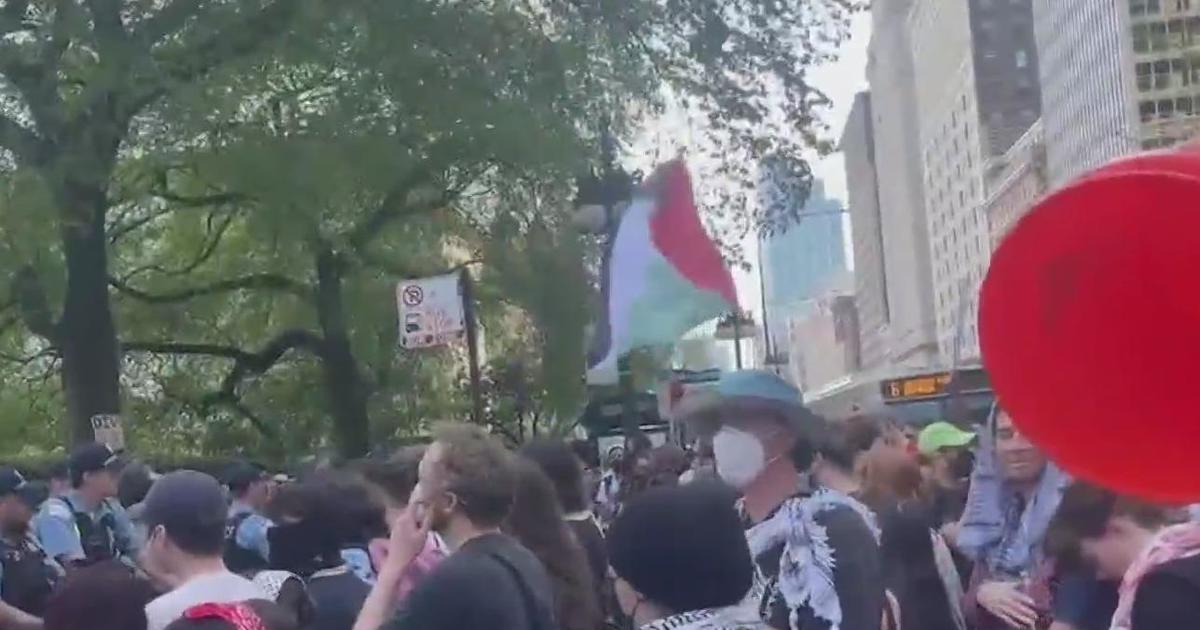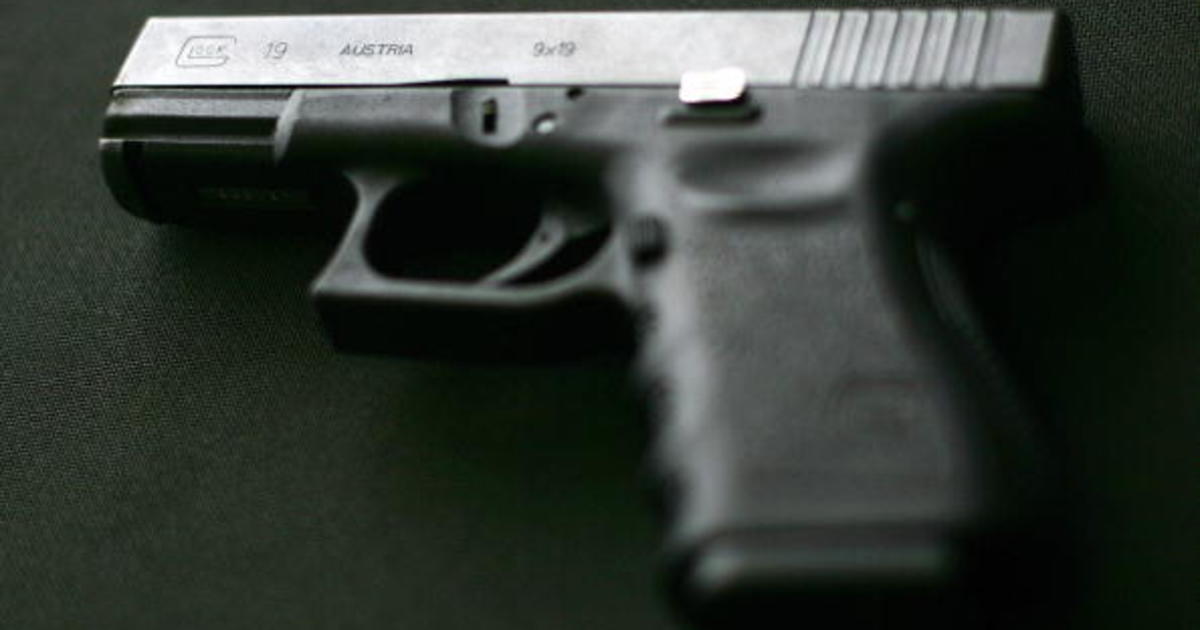Why Did Chicago Teachers Go On Strike? Five Things You Should Know About The Work Stoppage
CHICAGO (CBS) -- Teachers and other staff are on strike at Chicago Public Schools, after contract talks between CPS and the Chicago Teachers Union stalled.
Beyond the fact classes are cancelled until the strike ends, here are five things you need to know about the work stoppage.
What's the strike about? Beyond a disagreement about salaries, CPS and CTU are at odds about staffing issues, class sizes, and other matters.
CPS has been offering the union a 16% total raise over the life of a five-year contract, while CTU has called for a 15% total raise over a three-year deal -- a shorter contract, with higher average raises per year.
The union also is demanding increased staffing of nurses, social workers, librarians, clinicians, and case managers. CTU has said it might be open to phasing in more of those staff, but the two sides couldn't reach an agreement on how to do so before the strike deadline.
Teachers also have demanded contract guarantees to reduce class sizes. They say 1,300 classrooms are overcrowded. At the elementary level, they want student counts to be limited to maximum of 24.
The mayor's office has said the city's latest proposal earmarks $1 million to ease overcrowding, but the union has said that would fund no more than 25 new teachers for the entire district.
Lightfoot has said the union also wants to reduce classroom time by 30 minutes in the morning to provide more prep time for teachers, but she has said she will never agree to less instruction time for students.
The mayor has said the union's contract demands would add up to $2.5 billion in added costs for CPS, nearly doubling the size of the CTU contract, something the city couldn't afford even in the best of economic situations.
Who is on strike besides teachers? Teachers make up the bulk of the 25,000 members of CTU, but the union represents 75 positions at CPS; including paraprofessionals, school psychologists, nurses, social workers, therapists, speech pathologists, computer technicians, clerks, truant officers, and more.
For a full list of the 75 positions covered by the CTU contract, click here.
In addition, approximately 7,500 support staff represented by SEIU Local 73 are set to strike on Thursday, coinciding with the teachers' strike. Those staffers include special education classroom assistants, custodians, bus aides, and security officers.
Where can students go during the strike? All classes, sports, and other after-school activities are cancelled while teachers are on strike, but CPS said all of its school buildings will remain open.
Non-union staff, central office workers, and administrative staff will help provide activities at every school, and students will be provided with three meals a day: breakfast, lunch, and a take-home supper.
More information on the CPS contingency plan is available here.
School buses will not be available to take students to their school building during the strike, but the CTA will offer free rides to CPS students.
Chicago Park District facilities also will be open to students, along with Chicago Public Libraries.
Many non-profits and other private agencies also are offering activities for students during the strike.
Several YMCA locations, many neighborhood churches, Boys & Girls Clubs, neighborhood youth centers, and other community groups also are offering sites for students while teachers are on the picket lines.
To find a location where your child can go during the strike, click here.
How often has CTU gone on strike? This is the first teachers' strike at CPS since 2012, when a CTU walkout lasted seven days.
The 2012 strike was the city's first in 25 years, when teachers went on strike for 19 days in 1987, the longest in Chicago history.
In the two decades before the 1987 strike, work stoppages were common at CPS. Teachers walked out for two days in 1985, 10 days in 1984, 15 days in 1983, 10 days in 1980, 11 days in 1975, 12 days in 1973, 4 days in 1971, and 2 days in 1969.
However, all of those strikes pale in comparison to the eight-month teachers' strike in the village of Homer in central Illinois in 1986 and 1987. Teachers remained on strike for 156 school days – nearly an entire school year. The strike is still the longest in the nation's history.
What's the impact on student athletes? Not only will students be missing out on class, all CPS sports are cancelled during the strike.
Depending on how long the strike lasts, some CPS football teams could miss out on the state playoffs, even if they've already qualified.
Because teams must practice for at least three days if they've been idle for at least a week, the Illinois High School Association has said the strike would have to end by Oct. 29 in order for CPS football teams to get in enough practices before the playoffs and avoid forfeiting.



